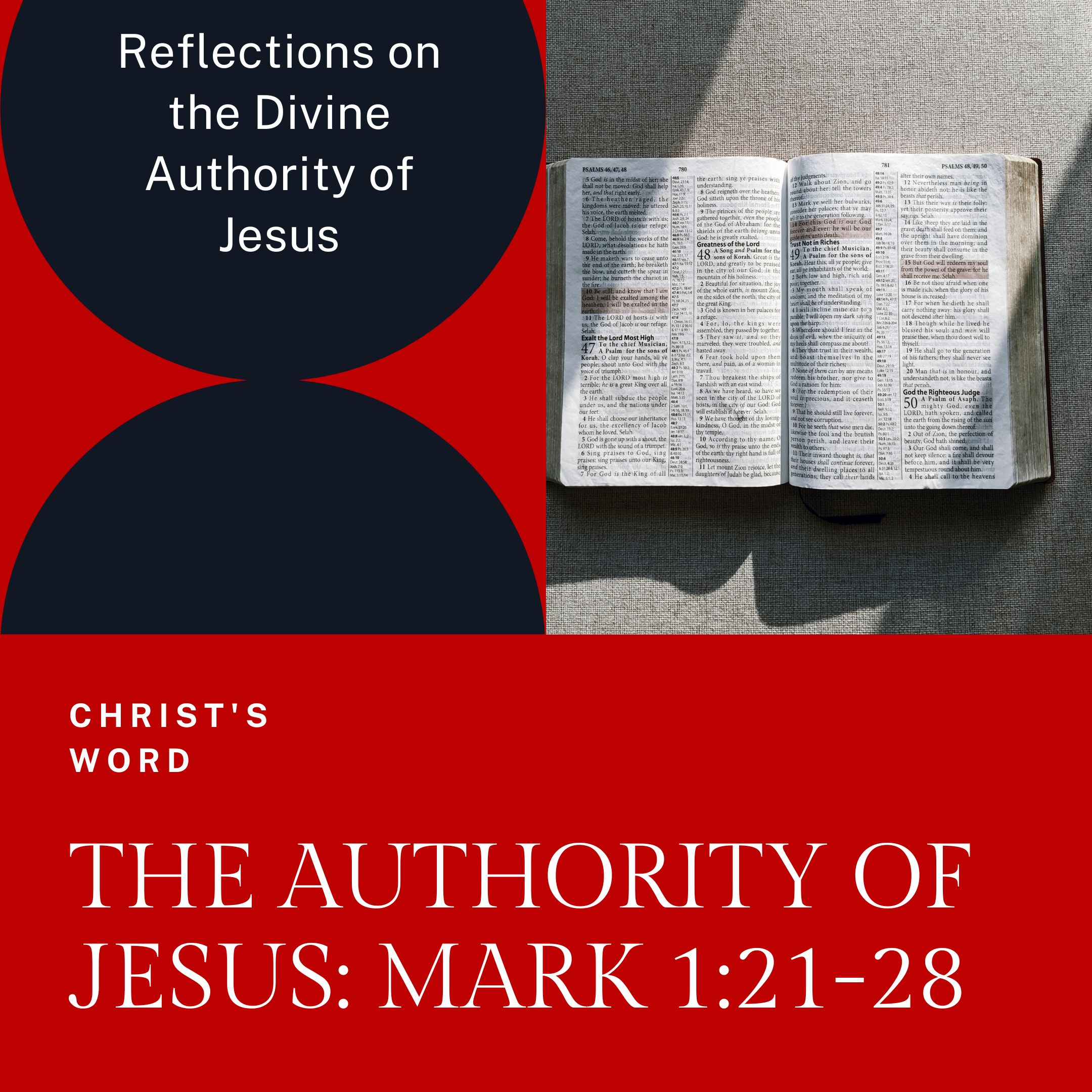The notion that it’s never too late to change, to turn around, to choose goodness, is a deeply ingrained principle within biblical teachings. From the Hebrew Scriptures to the narratives of the New Testament, one theme is unambiguously clear: repentance, transformation, and the embrace of goodness are always available, regardless of one’s past.
The Prodigal Son: A Parable of Return
Jesus’ parable of the Prodigal Son (Luke 15:11-32) epitomizes the biblical perspective on the transformative power of redemption. The younger son, after squandering his inheritance on debauchery, realizes his mistakes and decides to return home. He expects, at best, to be accepted as a servant, believing he has lost his right to be called a son. However, his father, seeing him from a distance, runs to him, embraces him, and restores his position, declaring a feast in his honor. The message is poignant: no matter how far one might have strayed, it’s never too late to return and be embraced by goodness and love.
King David: A Story of Repentance
The narrative of King David is another testament to the power of repentance and the ability to turn back to good. Despite being described as a man after God’s own heart (1 Samuel 13:14), David commits adultery with Bathsheba and orchestrates the death of her husband (2 Samuel 11). Yet, when confronted by the prophet Nathan, David repents sincerely. Psalms 51, traditionally understood to be David’s prayer of repentance, reflects the depth of his contrition and his desire to be renewed. While he faces consequences for his actions, David’s genuine return to righteousness exemplifies that past misdeeds can be followed by sincere transformations.
Paul: From Persecutor to Apostle
Perhaps one of the most dramatic transformations in the New Testament is the conversion of Saul of Tarsus, later known as Paul. Initially a fervent persecutor of early Christians, Paul encounters Christ on the road to Damascus (Acts 9:1-19). This profound experience transforms him from a persecutor to one of Christianity’s most influential apostles. Paul’s subsequent letters, which form a significant part of the New Testament, repeatedly touch on themes of redemption, grace, and the ever-present opportunity to embrace goodness. His life is a testament to the idea that no one is beyond the reach of change and that it’s truly never too late to be good.
Practical Implications for Today
These biblical narratives have profound implications for our modern lives. They remind us that every individual has the capacity for transformation. This perspective fosters hope not only for personal growth but also for reconciliation with others. When we believe in the possibility of change, we can approach individuals with grace and understanding, emphasizing rehabilitation over retribution.
Furthermore, the biblical approach assures us that regardless of our past, we are not eternally defined by our mistakes. Just as the prodigal son was welcomed, just as David was restored, just as Paul was transformed, so too can we find redemption in our lives.
Conclusion
The biblical perspective on change and the capacity for goodness is one of unyielding hope and grace. Through stories of profound transformation, we are reminded that regardless of where we’ve been or what we’ve done, the path to goodness remains open. It underscores the timeless message: It’s truly never too late to be good.





